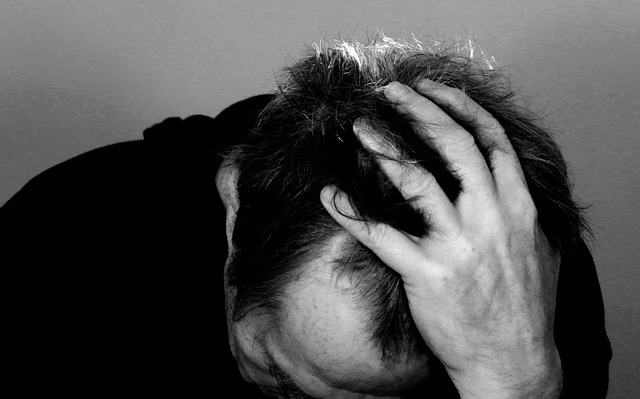
A new study report published in the journal Translational Psychiatry has revealed that brain stimulation could significantly reduce the symptoms associated with depression. The study conducted by experts at the University of North Carolina school of research found that electrical current sent through electrodes attached to the scalp is capable of successfully targeting naturally occurring electrical pattern in a specific part of the brain and it improved depression symptoms of 70 percent participants who took part in the clinical study.
In the study report, researchers revealed that a specific kind of electrical brain stimulation called transcranial alternating current stimulation (tACS) is very useful for treating people who are diagnosed with major depression.
It should be noted that the tACS method formulated by Flavio Frohlich, associate professor of psychiatry and director of the Carolina Center for Neurostimulation, is very different from the brain stimulation technique called transcranial direct stimulation (tDCS). In tDCS, a steady stream of weak electricity will be sent through electrodes attached to various parts of the brain. However, this technique has often racked up mixed results while treating various conditions including depression.
The research was carried out on 32 participants, and they were surveyed according to the Montgomery-Åsberg Depression Rating Scale (MADRS), a standard measure of depression before giving them the tACS.
"We conducted a small study of 32 people because this sort of approach had never been done before. Now that we've documented how this kind of tACS can reduce depression symptoms, we can fine tune our approach to help many people in a relatively inexpensive, noninvasive way," said Flavio Frohlich in a recent statement.
A few weeks ago, another study report published in the journal Psychopharmacology had revealed that microdoses of magic mushroom will elevate problem-solving abilities and creativity among people. Luisa Prochazkova, the lead author of that study also revealed that further studies on micro-dosing of magic mushroom have the potential to help individuals who suffer from problems like depression and anxiety.









